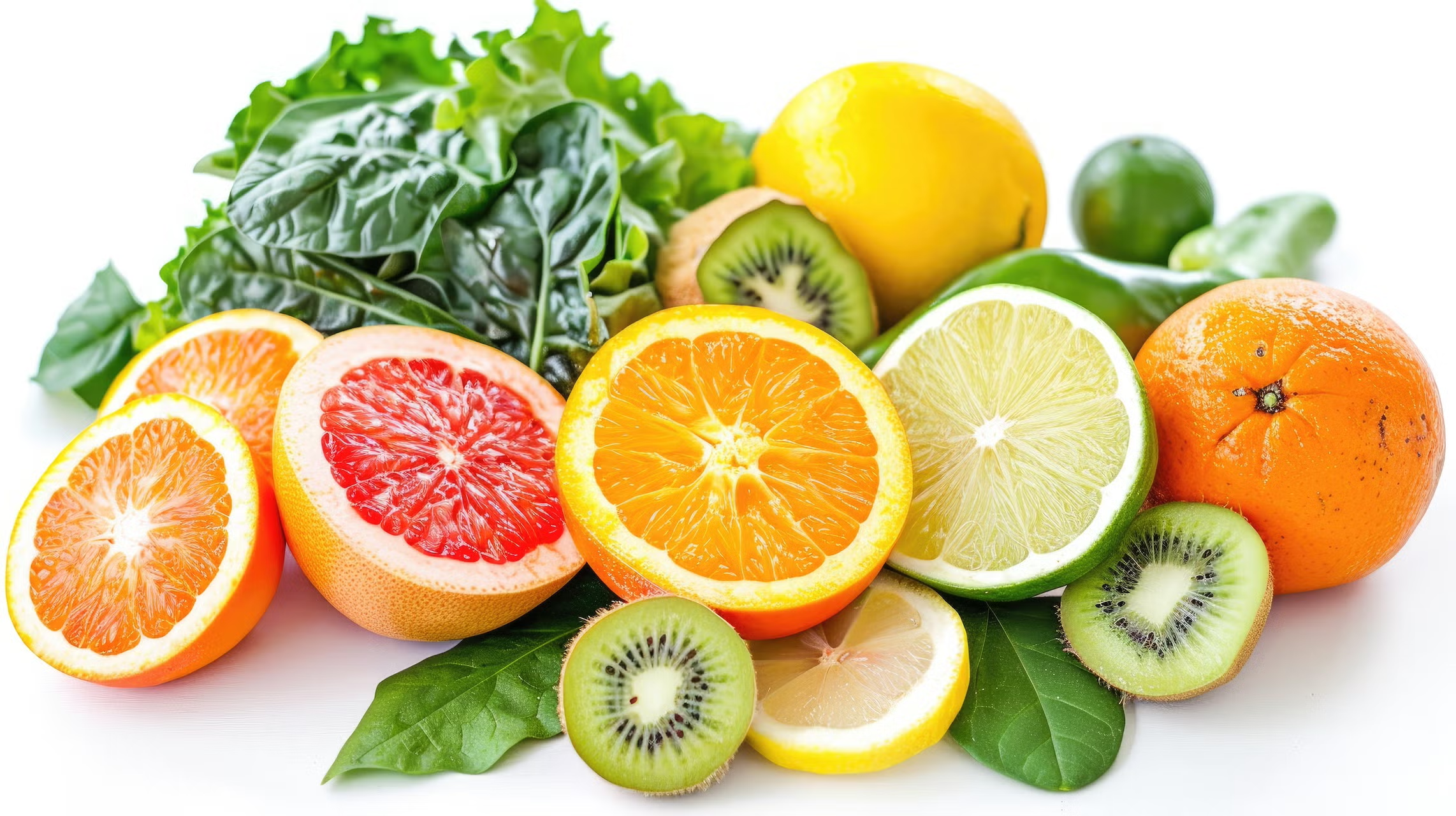How Does Vitamin A in Apricots Support Immune Function?
Vitamin A in Apricots and Immune Health Apricots are rich in Vitamin A, which supports immune function by aiding in the production of white blood cells and maintaining a healthy…
How Does Vitamin A in Apricots Promote Skin Health?
Vitamin A in Apricots and Skin Health Apricots are a good source of Vitamin A, which promotes skin health by supporting cell growth and repair. Benefits of Vitamin A in…
How Does Vitamin A in Blueberries Support Cognitive Function?
Vitamin A in Blueberries and Cognitive Function Blueberries are rich in Vitamin A, which supports cognitive function by aiding in brain health and reducing cognitive decline. Benefits of Vitamin A…
How Does Vitamin A in Blueberries Enhance Immune Function?
Vitamin A in Blueberries and Immune Function Blueberries are rich in Vitamin A, which enhances immune function by supporting mucous membrane integrity and immune response. Benefits of Vitamin A in…
How Does Vitamin A in Blueberries Support Healthy Skin?
Vitamin A in Blueberries and Skin Health Blueberries contain Vitamin A, which supports healthy skin by promoting cell regeneration and reducing signs of aging. Benefits of Vitamin A in Blueberries…
How Does Vitamin A in Butternut Squash Improve Vision?
Vitamin A in Butternut Squash and Vision Health Butternut squash is rich in Vitamin A, which is essential for maintaining healthy vision. This vitamin helps in the production of retinal,…
How Can Vitamin A in Carrots Improve Eye Health?
Vitamin A in Carrots and Vision Health Carrots are a well-known source of Vitamin A, which is essential for maintaining healthy vision. This vitamin helps in the production of retinal,…
How Can Vitamin A in Cherries Support Immune Health?
Vitamin A in Cherries and Immune Health Cherries are rich in Vitamin A, which supports immune health by enhancing mucous membrane health and boosting white blood cell production. Benefits of…
How Can Vitamin A in Cherries Support Vision Health?
Vitamin A in Cherries and Vision Health Cherries are a good source of Vitamin A, which supports vision health by maintaining the health of the retina and reducing the risk…
How Does Vitamin A in Grapes Improve Skin Health?
Vitamin A in Grapes and Skin Health Grapes are rich in Vitamin A, which improves skin health by promoting cell regeneration and reducing signs of aging. Benefits of Vitamin A…






